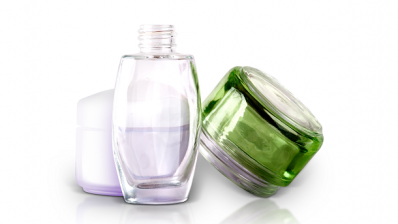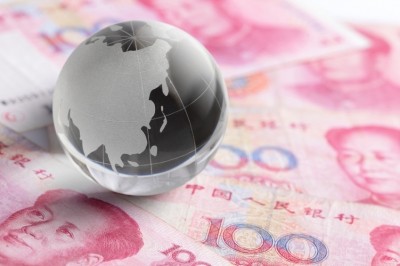Time for Asia to play catch up in sustainable sourcing

The Sustainable Cosmetics Summit in Paris saw a lively debate over whether industry is approaching the issue in the right way, and ahead of its 3rd Asia-Pacific edition of the event hosted in Hong Kong on 11-13th November, the market researcher says Asia is lagging behind.
Sustainable sourcing of raw materials is gaining popularity in the cosmetics industry and concerns are raised as, although Asia has become an established source of cosmetic ingredients, questions hang over the ecological and social impact of raw materials.
According to the London-based event organiser, Western cosmetic companies and ingredient firms are setting up ethical sourcing programs in the region, with relatively low involvement from Asian firms.
Concern
The biggest concerns are over the growing strain on natural resources and threatening biodiversity due to increasing economic affluence and urbanization.
Organic Monitor says the region has lost 95% of its primary, uncut forests, whilst individual countries have lost up to 90% of their natural habitats, with the International Union for Conservation of Nature and Natural Resources (IUCN), stating the region has the highest number of threatened animal and plant species.
Sourcing cosmetics ingredients is also responsible for deforestation and draining of wetlands, whilst palm oil production has been directly responsible for destruction of tropical rainforests in Malaysia and Indonesia.
Encourage
“There are also concerns about the sustainable supply of many cosmetic ingredients like fragrances and natural actives which are indigenous to the region,” says an Organic Monitor statement.
“Sandalwood, native to India and Sri Lanka, is now mainly produced in Australia because of the high incidence of illegal logging. There are also ethical issues concerning animal-based ingredients in cosmetic products; for instance, Asian companies are large users of shark liver oil.”
The requirement for the cosmetics industry to encourage ethical sourcing & biodiversity in the region, with the Asian cosmetics market poised to become the largest in the world, is one of the themes of the upcoming SCS summit as Asian consumers have potentially a greater influence by green purchases than their western counterparts.
According to Organic Monitor, a major challenge for the cosmetics industry is to convert sustainable supply to sustainable consumption as well as raising awareness and translating this into green product sales.
To find out more about the upcoming summit, click here.




![YSL's LoveShine launch has sparked a demand surge in Japan. [YSL]](/var/wrbm_gb_food_pharma/storage/images/_aliases/wrbm_tiny/publications/cosmetics/cosmeticsdesign-asia.com/article/2024/04/24/ysl-loveshine-launch-propels-lip-gloss-sales-to-record-highs-in-japan-since-2020/17372064-1-eng-GB/YSL-LoveShine-launch-propels-lip-gloss-sales-to-record-highs-in-Japan-since-2020.jpg)
![There is significant scope for innovation and new launches in the hair repair sector, especially in soaring markets such as China. [Getty Images]](/var/wrbm_gb_food_pharma/storage/images/_aliases/wrbm_tiny/publications/cosmetics/cosmeticsdesign-asia.com/article/2024/04/24/croda-zeroes-in-on-hair-repair-solutions-as-damage-hair-concerns-surge-in-markets-like-china/17362731-1-eng-GB/Croda-zeroes-in-on-hair-repair-solutions-as-damage-hair-concerns-surge-in-markets-like-China.jpg)



![Lubrizol has extended its partnership with C-beauty major PROYA. [PROYA]](/var/wrbm_gb_food_pharma/storage/images/_aliases/wrbm_tiny/publications/cosmetics/cosmeticsdesign-asia.com/headlines/brand-innovation/lubrizol-bullish-on-potential-of-c-beauty-growth-potential/17362515-1-eng-GB/Lubrizol-bullish-on-potential-of-C-beauty-growth-potential.jpg)

![Amika is targeting localised innovation to drive success in SEA. [Amika]](/var/wrbm_gb_food_pharma/storage/images/_aliases/wrbm_tiny/publications/cosmetics/cosmeticsdesign-asia.com/headlines/brand-innovation/amika-on-quest-to-address-diverse-hair-needs-in-sea-with-sea-buckthorn-range/17339003-1-eng-GB/Amika-on-quest-to-address-diverse-hair-needs-in-SEA-with-sea-buckthorn-range.jpg)